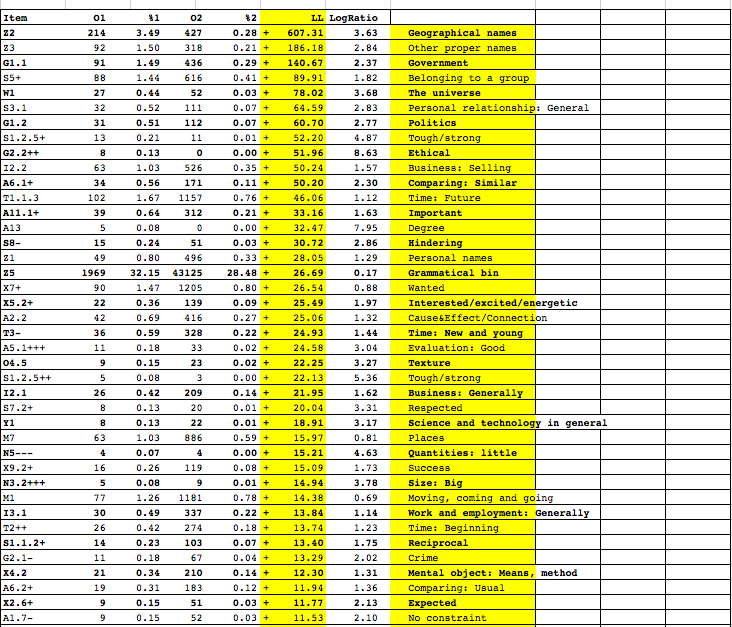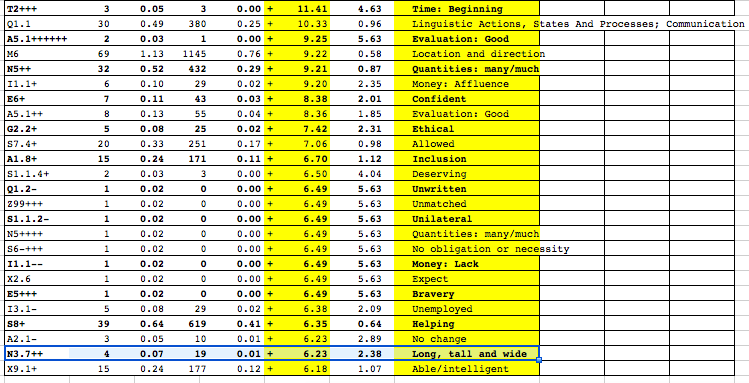Download Slides here.
14th American Association for Corpus Linguistics (AACL) Conference – September 20-22, 2018 in Atlanta, GA
CONFERENCE ANNOUNCEMENT
The Department of Applied Linguistics and ESL (http://alsl.gsu.edu/) at Georgia State University (GSU) is excited to host the 14th Conference of the American Association for Corpus Linguistics (AACL), 20-22 September 2018 on the GSU main campus in downtown Atlanta, GA. Please mark your calendars!
Previous conferences of the American Association for (Applied) Corpus Linguistics have been held at different universities in North America starting in 1999: Northern Arizona University (2014, 2006, 2000), Iowa State University (2016), San Diego State University (2013), Georgia State University (2011), University of Alberta, Canada (2009), Brigham Young University (2008), University of Michigan (1999, 2005), Montclair State University (2004), Indiana University-Purdue University Indianapolis (2002), and University of Massachusetts-Boston (2001).
We are proud to have the following keynote speakers at AACL 2018:
· Tony Berber Sardinha, Catholic University of São Paulo
· Bethany Gray, Iowa State University
· Stefan Gries, University of California at Santa Barbara
The conference will feature pre-conference workshops, plenary talks, and paper and poster presentation sessions.
IMPORTANT DATES
November 2017: First call for proposals
15 February 2018: Deadline for submission of abstracts
31 March 2018: Notification of decisions on abstracts
20 September 2018: Registration and pre-conference workshops
21-22 September 2018: Conference
Feel free to email the conference co-chairs at aacl2018@gmail.com if you have any questions. We hope you will consider joining us for AACL 2018 in Atlanta!
Viviana Cortes, Eric Friginal, Ute Römer (AACL 2018 co-chairs)
Sketch Engine online CQL manual/tutorial here.
Semantic keyword analysis comparing Theresa May’s Brexit speech of 17 January 2017 against the BNC Spoken context-governed Sampler (Info here)
I used Wmatrix 3 for this: http://ucrel.lancs.ac.uk/wmatrix3.html
Info on the USAS Tag here.
Here are the semantic tags with LL >6

